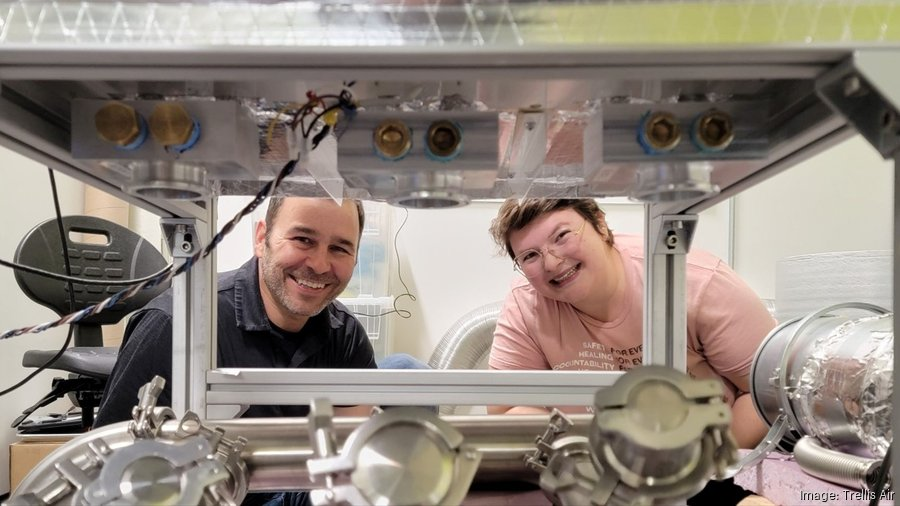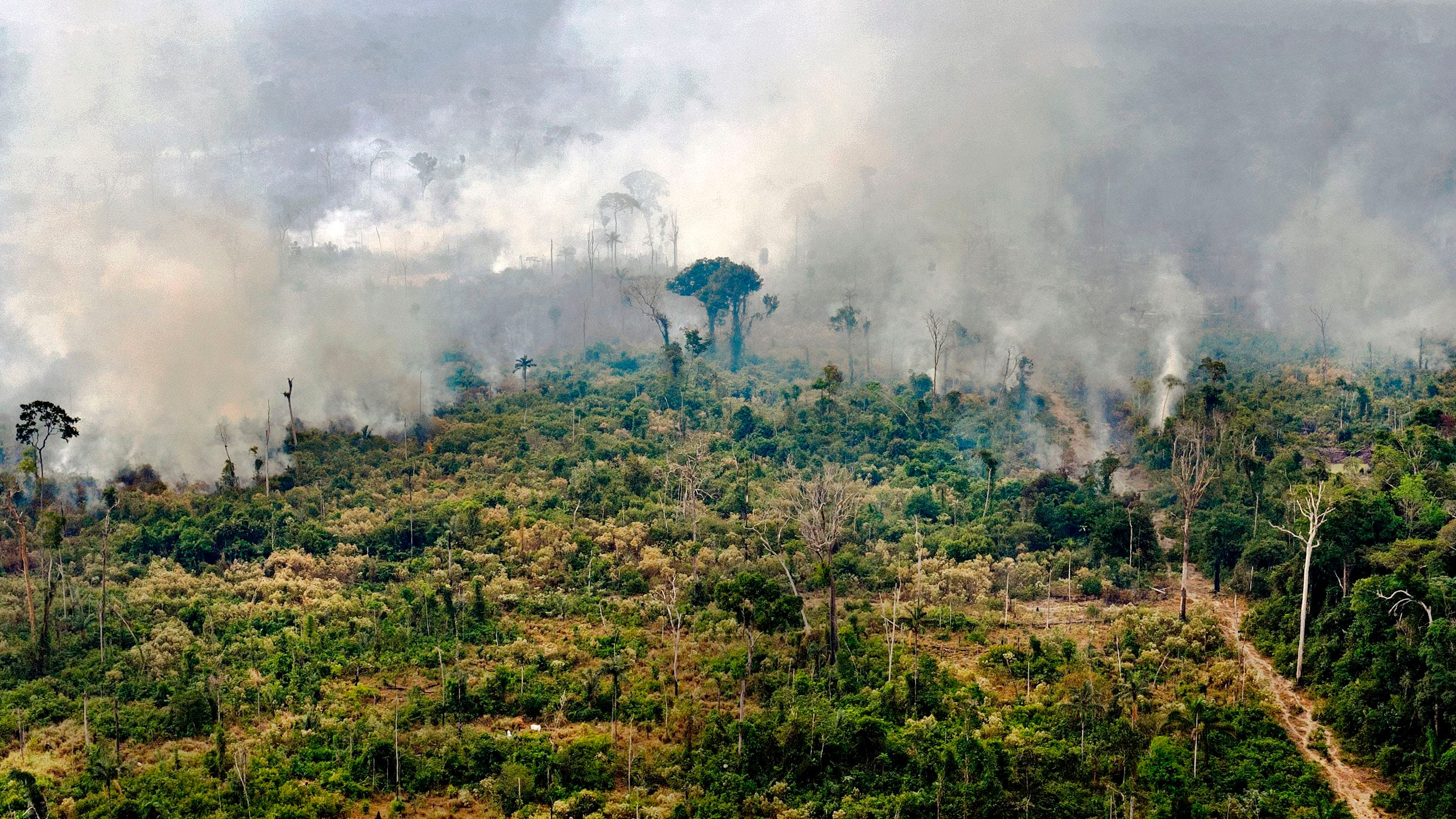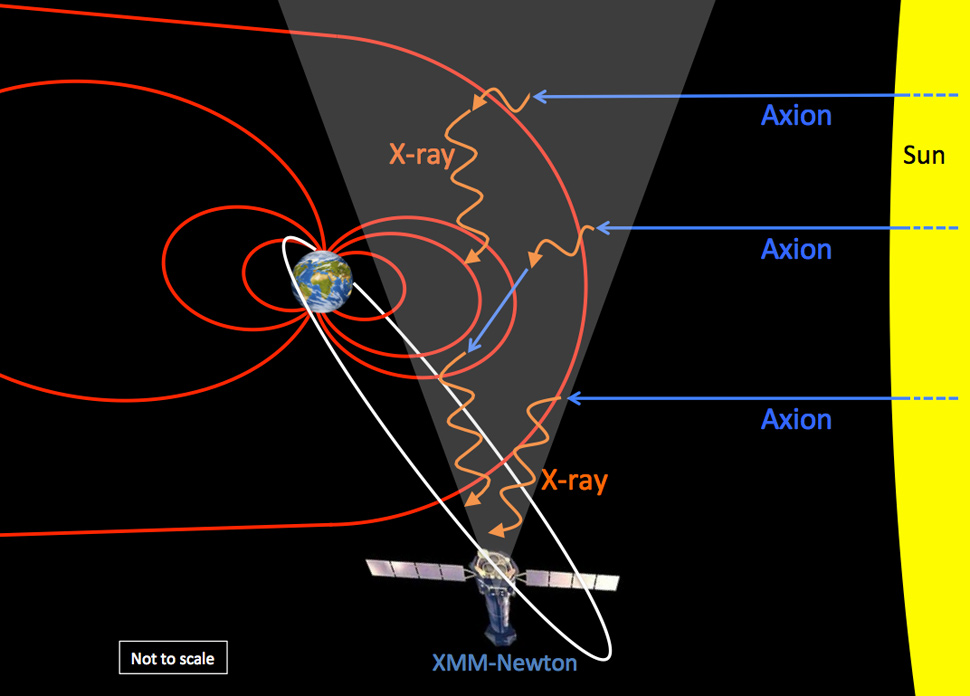The Harvard research funding crisis has sent ripples through the academic community, shaking the foundations of innovation at one of the world’s leading universities. Just hours after the Trump administration imposed a stop-work order on critical research, Don Ingber of the Wyss Institute found his vital organ-on-a-chip projects suspended, jeopardizing over $19 million in government funding. This unexpected halt has left many researchers scrambling to secure their positions and maintain momentum on groundbreaking studies, particularly those related to NASA spaceflight research and radiation damage modeling. With ongoing litigation—alleged by Harvard as an unconstitutional overreach—many fear their careers and the future of significant scientific advancements hang in the balance. As the conflict between Harvard University and federal authorities unfolds, the very system that fuels American innovation appears to be at risk—prompting urgent discussions on funding, governance, and the collaboration crucial for continued progress in science and technology.
The ongoing turmoil surrounding funding at Harvard University reflects a broader crisis impacting academic research nationwide. Dubbed the Harvard funding dilemma, this controversy has emerged following federal actions that impose restrictions on critical projects, particularly those involving innovative organ-on-a-chip technology. As researchers like Don Ingber navigate the abrupt changes brought about by a stop-work order, the uncertainty casts a shadow over significant studies, including those related to space missions while also raising alarm about the future of American scientific endeavor. This situation not only affects those directly involved—academics and students—but also highlights systemic issues regarding federal and institutional partnership dynamics, especially as Harvard files a lawsuit challenging the legal basis for these funding cuts. With implications reaching far beyond the university’s walls, the resolution of this crisis is pivotal for the integrity of research and the innovation pipeline that supports the nation’s scientific progress.
Understanding the Harvard Research Funding Crisis
The Harvard research funding crisis stems from a recent stop-work order imposed by the Trump administration, which has greatly affected numerous research initiatives, including pioneering organ-on-a-chip projects led by distinguished researchers like Don Ingber. This order has created an environment of uncertainty, as Harvard University faces a significant funding freeze of about $2.2 billion. Researchers are now scrambling to reorganize their projects amidst the halt in progress which threatens to derail years of investment and innovation in crucial scientific fields.
Amid this turmoil, it is critical to understand the implications of the funding crisis on the broader landscape of scientific exploration. Projects like Ingber’s organ-on-a-chip technology are at the forefront of biomedical engineering and have far-reaching effects on societal health outcomes. Failure to address this funding crisis could not only stifle groundbreaking research but also hinder the development of technologies pivotal for future space missions, particularly those related to NASA’s Artemis program, which will explore human adaptability in space.
The Impact of Stop-Work Orders on Scientific Innovation
Stop-work orders, such as the one recently affecting Harvard researchers, impose immediate constraints that can devastate ongoing scientific inquiries and innovation. This policy not only disrupts current projects but also instills a sense of apprehension among top-tier researchers and students, prompting a potential exodus of talent. Ingber’s personal reflections on this crisis highlight a deteriorating morale among his team, where concerns about job security and research viability are commonplace. When the government introduces unexpected funding cuts, it sends a ripple effect throughout the academic landscape, weakening the U.S. position in global science and innovation.
Additionally, the stop-work order has implications beyond immediate project disruptions; it fundamentally threatens the collaborative spirit that drives scientific progress. Ingber emphasizes that America’s strength lies in its innovation engine, powered by collaborative efforts between government and academia. With the threat of layoffs looming and funding cuts in multiple research sectors, the future of groundbreaking studies—like those leveraging organ-on-a-chip technology to assess microgravity’s effects during NASA missions—hangs precariously in the balance.
Reactions from the Scientific Community
The scientific community’s response to the Harvard research funding crisis has been one of unity and advocacy. Many researchers are speaking out against the overreach displayed by the administration, with calls to action emphasizing the crucial role of academic research in driving national advancements. Ingber, among others, has taken to crafting opinion pieces and engaging with media outlets to shed light on the essential contributions that research institutions make to society, which include not only health-related innovations but also technological advancements pivotal for missions like those envisioned by NASA.
However, the reaction has not been solely focused on defense; it also includes proactive measures. Many institutions are examining alternative funding sources and strategies to navigate these difficult waters. As Harvard files a lawsuit against the U.S. government, asserting that the funding cuts infringe upon constitutional rights, the broader academic community is closely monitoring the proceedings. Their collective aim is to ensure that stability and support for scientific research are restored, allowing for unhindered exploration and innovation that is vital to public welfare.
Navigating the Landscape of Organ-on-a-Chip Technology
Organ-on-a-chip technology represents a significant advancement in biomedical research, enabling scientists to simulate human organ functions on a chip. This groundbreaking approach has vast implications not only for drug discovery but also for evaluating the long-term effects of radiation exposure during NASA spaceflights. Don Ingber’s team at the Wyss Institute has been at the forefront of these innovations; his projects are designed to model the impacts of microgravity on bone marrow health, a critical area of study for ensuring astronauts’ safety during missions beyond Earth.
Despite the recent stop-work order, the implications of this technology cannot be understated. It provides a much-needed platform to study potential health issues that arise from radiation, which is increasingly relevant given the government’s push for nuclear energy solutions. The ability to assess human responses through organ-on-a-chip devices opens new avenues for understanding diseases and treatment before they manifest in clinical settings. However, the funding crisis poses a threat to such vital research, which merits urgent attention from policymakers and the public alike.
The Future of NASA Spaceflight Research Amid Funding Cuts
As the U.S. prepares for ambitious projects like the Artemis II mission, the implications of research funding cuts on NASA spaceflight initiatives are dire. Ingber’s organ-on-a-chip projects specifically aim to evaluate the biological impacts of space travel on astronauts, a crucial aspect of preparing for deep space missions. The loss of funding could delay critical research that informs the health and safety protocols necessary for astronauts undertaking prolonged missions to Mars and beyond. Without adequate support, these groundbreaking studies face the risk of being indefinitely stalled.
The uncertainty caused by the stop-work order serves as a wake-up call to the scientific community and stakeholders involved in space exploration. For instance, questions surrounding radiation exposure for astronauts highlight the urgent need for research that can ensure their well-being. Ingber’s team dedicated to exploring these effects is just one example of how cutting-edge science intertwines with national objectives in space exploration, and the fallout from disrupted funding signals a potential setback in these ambitious goals.
Protecting Talent in Research: Strategies Amid Crisis
In the face of the funding crisis, protecting talent within research institutions has become a pressing concern. As highlighted by Ingber’s retreats from layoffs and the swift reassignment of personnel to ongoing projects, the well-being of scientists and students remains a top priority. The commitment to safeguarding jobs is essential not only for maintaining continuity in research but also for preserving an environment where innovative ideas can flourish. However, the reluctance to make overly drastic decisions showcases the tenuous position these institutions find themselves in as funding becomes unpredictable.
Moreover, the crisis reveals the systemic vulnerabilities within academic research funding. As top talents express fears about job security, researchers are increasingly reluctant to relocate or accept positions in the U.S., jeopardizing the recruitment of international scientists that have historically contributed to America’s status as a leader in innovation. The steps taken by institutions like Harvard to secure internal funding and prevent layoffs exemplify necessary adaptations, though the broader implications of these funding instabilities could lead to a diminishing appeal of science careers among the nation’s youth.
Harvard University Lawsuit: A Stand Against Unconstitutional Overreach
The recent lawsuit filed by Harvard University against the Trump administration is a significant legal maneuver aimed at challenging the basis of the funding freeze affecting the institution. By asserting that the administration’s demands compromise academic freedom and autonomy, Harvard seeks not only the reinstatement of its funding but the affirmation of a critical principle: that educational institutions should operate independent of political meddling. This legal battle could redefine the relationship between government entities and academic research, emphasizing the importance of protecting scientific inquiry from external pressures.
As the lawsuit unfolds, academic institutions must reflect on the broader implications for research funding and governance. Ingber’s stance on defending the rights of scientists and their work underscores a collective concern among researchers over losing independence. This ongoing legal struggle could serve as a touchpoint for future discussions on research policy and ensure that the delicate balance between government oversight and academic freedom is preserved, ultimately impacting the continuity of innovative research crucial for societal advancement.
The Role of Government in Academic Research Support
The ongoing crisis surrounding research funding at Harvard highlights the pivotal role government support plays in academic institutions’ ability to thrive. Over the past decades, collaborative agreements between the government and universities have facilitated remarkable advancements in fields ranging from health to technology. Ingber emphasizes that this partnership has historically fueled America’s economic engine, and the recent funding cuts threaten to unravel that progress. A commitment to restoring and enhancing research funding is essential for maintaining a robust innovation ecosystem.
Moving forward, it is vital for policymakers to reassess their approach to academic funding, ensuring that investment in research remains both consistent and resilient to shifts in political climates. The implications extend beyond individual projects; a well-supported academic research sector is crucial for developing solutions that address societal challenges, from health crises to technological advancements. Strengthening government-academic relations could usher in a new era of growth where research initiatives can flourish uninterrupted, benefitting the broader public.
Long-Term Consequences of Research Funding Disruption
The long-term consequences of disruptions in research funding could reverberate far beyond immediate project stalling; it can lead to setbacks in technological advancements and a decline in the overall research capacity of institutions like Harvard. With the inability to carry out crucial studies, innovations may be delayed or lost entirely. The dire consequences can impact everything from medical advancements that save lives to technologies that further space exploration. As Ingber noted, a stagnant funding environment could stifle the ongoing evolution that fuels America’s scientific and technological landscape.
Moreover, the far-reaching effects of such funding disruption could include a shift in talent migration patterns. If researchers perceive the U.S. as a less viable option for pursuing impactful scientific careers, the academic landscape may become impoverished as talent flows elsewhere. Europe and other regions could become increasingly attractive to researchers seeking stability, which could further diminish the ability of American institutions to compete on a global scale. Addressing these challenges will require concerted efforts towards securing sustainable paths for academic funding and fostering an environment conducive to innovation.
Frequently Asked Questions
What is the Harvard research funding crisis and how does it involve a stop-work order?
The Harvard research funding crisis refers to the situation where funding for various research projects at Harvard University was frozen, leading to stop-work orders. This crisis emerged after the university rejected demands from the Trump administration, resulting in a halt to significant research initiatives, including those at the Wyss Institute for Biologically Inspired Engineering.
Who is Don Ingber and what is his role in the Harvard research funding crisis?
Don Ingber is the founding director of the Wyss Institute and a professor at Harvard Medical School. He plays a crucial role in the Harvard research funding crisis as he leads organ-on-a-chip projects that saw over $19 million in funding halted due to the stop-work order issued after the university’s disputes with the Trump administration.
How does the Harvard research funding crisis impact advancements in organ-on-a-chip technology?
The Harvard research funding crisis significantly impacts advancements in organ-on-a-chip technology by halting projects that model human organ responses to various conditions, including radiation exposure. This research is vital for understanding radiation damage and developing new treatments, but the stop-work order jeopardizes ongoing work and future innovations.
What are the implications of the NASA spaceflight research amid the Harvard research funding crisis?
The implications of the NASA spaceflight research amid the Harvard research funding crisis include delays in vital projects that use organ-on-a-chip technology to understand the effects of microgravity and radiation on astronauts. This research is critical for safe future manned missions to the Moon and Mars.
What legal actions has Harvard taken in response to the research funding crisis?
In response to the research funding crisis, Harvard filed a lawsuit against the federal government. The lawsuit claims that the demands made by the Trump administration constitute an illegal and unconstitutional overreach, aiming to have the funding reinstated for crucial research projects affected by the stop-work orders.
How does the Harvard University lawsuit affect researchers and projects during the funding crisis?
The Harvard University lawsuit affects researchers and their projects by creating uncertainty around the funding status and future of their work. Researchers like Don Ingber are under pressure to make difficult decisions regarding staffing and project continuity while awaiting the lawsuit’s outcome.
What challenges do researchers face due to the uncertainty of the Harvard research funding crisis?
Researchers face significant challenges due to the uncertainty of the Harvard research funding crisis, including the potential loss of funding, project disruptions, and staff relocations. The halt on operations forces them to make tough decisions regarding ongoing projects and employee job security.
How is the public perception of the U.S. research landscape changing because of the Harvard research funding crisis?
The public perception of the U.S. research landscape is shifting negatively due to the Harvard research funding crisis. With increasing instability and funding cuts, foreign researchers are hesitant to relocate, and domestic scientists may reconsider a career in research, threatening the future of America’s innovation engine.
What are the broader implications of the Harvard research funding crisis on American innovation?
The broader implications of the Harvard research funding crisis on American innovation include a potential decline in technological advancement and research output. As funding halts for critical projects, the collaboration between academia and government—essential for driving innovation—faces significant challenges, leading to concerns about the future of American scientific leadership.
| Key Points | Details |
|---|---|
| Stop-Work Order | Received on April 14; targets two organ-on-a-chip projects with $19 million in contracts. |
| Government Action | $2.2 billion in research funding frozen due to Harvard’s non-compliance with administration demands. |
| Harvard’s Response | Filed a lawsuit against the federal government, labeling the demands illegal. |
| Impact on Research | Projects halted, risking loss of progress and jobs for researchers and students. |
| Significance of Research | Research focuses on radiation damage, AI effects, and astronaut safety for future missions. |
| Concerns for Future | Fear of instability affecting recruitment and the ongoing innovation pipeline. |
| Disruption of Innovation | Diminished government-academia collaboration threatens America’s innovation engine. |
Summary
The Harvard research funding crisis represents a critical juncture for American scientific innovation and governance. As a result of the recent stop-work order and subsequent lawsuits, significant projects aimed at advancing public health and space exploration have been jeopardized. The freeze on $2.2 billion in funding reflects not only a conflict between the university and federal administration but also raises concerns about America’s standing as a global leader in research. This crisis underscores the importance of collaboration between government and academia in fostering innovation and the dire need for a resolution to assure researchers and students of their stability and contributions to groundbreaking discoveries.








